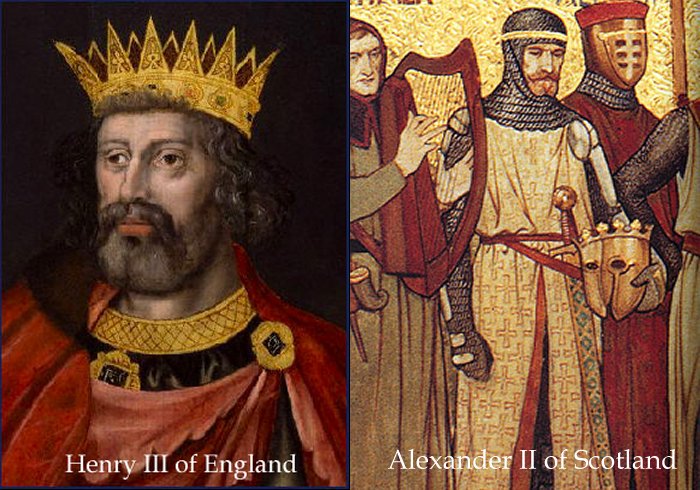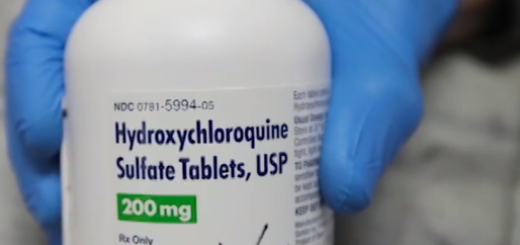On This Day In History: Treaty of York Was Signed – On Sep 25, 1237
On September 25, 1237, the Treaty of York was signed at York between Henry III of England and Alexander II of Scotland.

It confirmed that Northumberland, Cumberland, and Westmorland were subject to English sovereignty, establishing the modern Anglo-Scottish border, which exists to this day.
The signing of the treaty was one of the major events of the reign of Alexander II. It not only defined the border but also addressed other issues between the two Kings who had a bit of a history of making agreements with each other.
Henry and Alexander were brothers-in-law as the Scottish King had married Henry’s sister Joan.
The treaty – witnessed by a Papal Legate called Otho and written in Latin – was one of a number of agreements in the ongoing relationship between the two kings.
Henry and Alexander had a history of making agreements to settle one matter or another, and related to this was their personal relationship.
The King of Scotland: quitclaims to the King of England his hereditary rights to the counties of Northumberland, Cumberland, and Westmorland; quitclaims 15,000 marks of silver paid by King William to King John for certain conventions not observed by the latter; and frees Henry from agreements regarding marriages between Henry and Richard, and Alexander’s sisters Margaret, Isabella, and Marjory.
The King of England grants the King of Scotland certain lands within Northumberland and Cumberland, to be held by him and his successor kings of Scotland in feudal tenure with certain rights exempting them from obligations common in feudal relationships, and with the Scottish Steward sitting in Justice regarding certain issues that may arise, and these, too, are hereditary to the King of Scotland’s heirs, and regarding these the King of Scotland shall not be answerable to an English court of law in any suit.
Both kings respect previous writings not in conflict with this agreement, and any charters found regarding said counties to be restored to the King of England.



 Creators of mankind
Creators of mankind Description of “Tall white aliens”
Description of “Tall white aliens” Where they came from?
Where they came from? About hostile civilizations
About hostile civilizations The war for the Earth
The war for the Earth “Tall white aliens” about eternal life
“Tall white aliens” about eternal life Video: “Nordic aliens”
Video: “Nordic aliens” Aliens
Aliens Alien encounters
Alien encounters The aliens base
The aliens base UFO
UFO Technology UFO
Technology UFO Underground civilization
Underground civilization Ancient alien artifacts
Ancient alien artifacts Military and UFO
Military and UFO Mysteries and hypotheses
Mysteries and hypotheses Scientific facts
Scientific facts


















